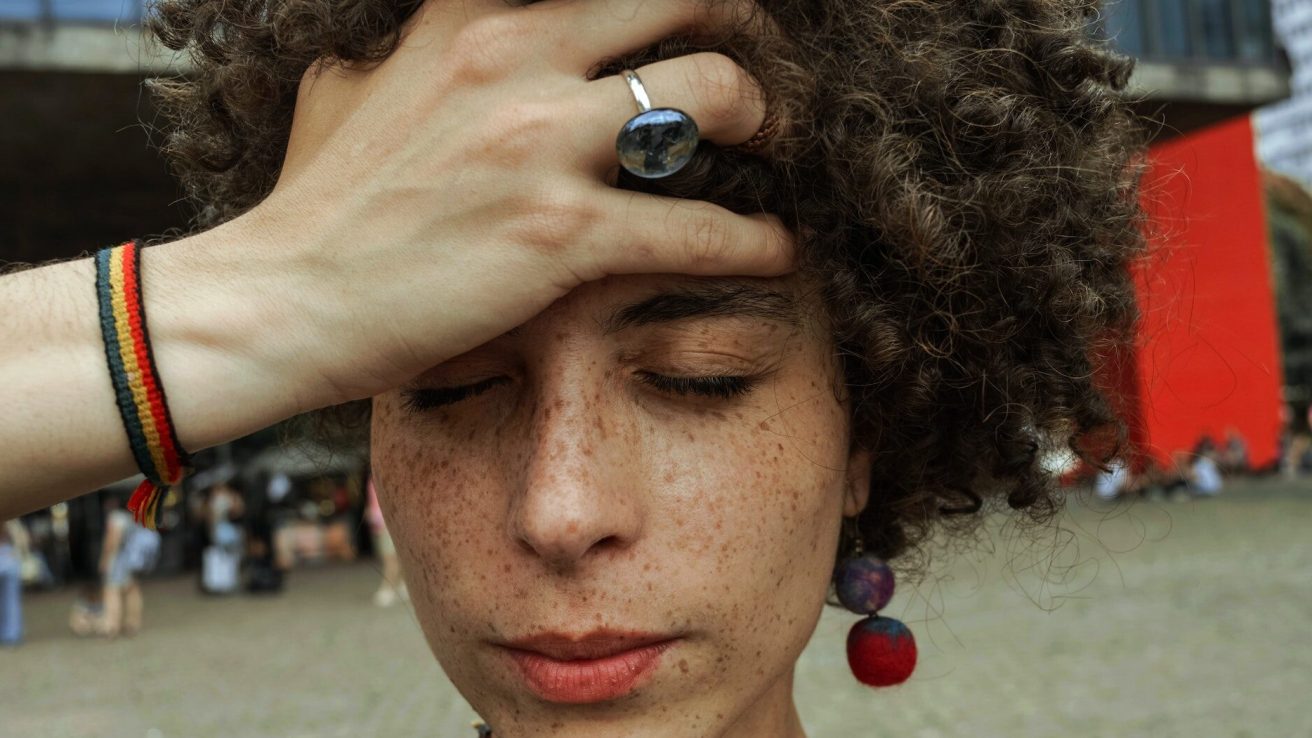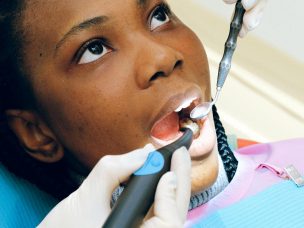Vitiligo patients exhibit a distinct temperament profile and tend to be less resilient toward psychological stressors.
Vitiligo is a skin disorder associated with psychiatric comorbidities, including suicidality, low self-esteem, and depression. Vitiligo patients have a characteristic premorbid temperament profile associated with affective traits, including high anxiety and low hyperthymic temperament traits. The findings of this cross-sectional study are published in the journal Skin Health and Disease.
Vitiligo Patients Have Lower Hyperthymic and Higher Anxious Temperaments
Study findings demonstrate significantly higher levels of anxious temperament scores among vitiligo patients compared to controls (11.5 ± 4.76 vs. 9.06 ± 6.22; p = 0.036). In contrast, hyperthymic temperament scores tend to be significantly lower among vitiligo patients compared to controls (5.79 ± 3.82 vs 7.5 ± 3.64; p = 0.027). The results yielded no significant differences among the controls and vitiligo patients for irritable, depressive, and cyclothymic temperament traits.
The Novelty Seeking Score Is Significantly Lower in Vitiligo Patients
Vitiligo patients have a significantly lower novelty-seeking score, including disorderliness, impulsiveness, and extravagance subdimensions. However, the mean harm avoidance dimension that includes the worry and pessimism sub-dimension is significantly higher in vitiligo patients. These findings have previously been reported among pediatric vitiligo patients.
Genetic Basis of Temperament and Vitiligo
Despite being unclear, the genetic association between vitiligo and temperament is supported by several facts. These include genetic determinants of temperament and vitiligo; pathophysiological mechanisms associated with neurotransmitters, endocrine and neurotrophic factors, and immunological mechanisms, including pro-inflammatory cytokines.
Vitiligo Patients Are Less Resilient to Psychological Stressors and Comorbidities
Vitiligo patients are more likely to exhibit negative consequences of psychological stressors, which may predispose them to psychological comorbidities, including anxiety and depression. This study demonstrated that 52.9% of patients with vitiligo experienced disease worsening when exposed to psychological stressors. The authors observed the Koebner phenomenon in 58.8% of vitiligo patients, which was more frequently linked to hyperthymic temperament.
Vitiligo Has a Significant Impact on Quality of Life
Vitiligo significantly affects patients’ quality of life, as reflected by the Dermatology Life Quality Index (DLQI). Cyclothymic temperament is more frequently linked to DLQI (p = 0.014).
Vitiligo patients exhibit a distinct temperament profile with low hyperthymic and high anxious traits and less resilience towards psychological stressors and comorbidities.
Reference
Litaiem, N., Charfi, O., Ouanes, S., Gara, S., & Zeglaoui, F. (2023). Patients with vitiligo have a distinct affective temperament profile: A cross-sectional study using Temperament Evaluation of Memphis, Paris, and San Diego Auto-Questionnaire. Skin Health Dis, 3(1), e157. https://doi.org/10.1002/ski2.157









